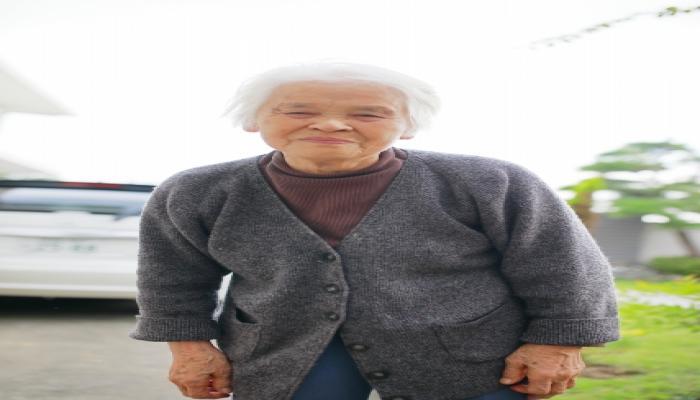建立日期 2654
主題: Addressing Depression in the Elderly


Caring Education Guidelines for Addressing Depression in the Elderly:
Understanding Signs of Depression: Depression in the elderly may manifest as persistent sadness, insomnia, changes in appetite, reduced social activities, and other symptoms. Family members and caregivers should learn to recognize these signs.
Providing Support and Understanding: Emotional states of the elderly should be met with understanding and support, letting them know they are not alone and that someone is willing to listen to their feelings.
Promoting a Positive Lifestyle: Assisting the elderly in establishing a positive daily routine, including regular exercise, social activities, and hobbies, can help uplift their mood.
Maintaining Open Communication: Encouraging open communication between the elderly and family members and friends allows them to share their feelings and emotions.
Offering Professional Assistance: If depression in the elderly becomes severe enough to affect daily life, seeking professional psychological counseling and therapy is advisable.
Ensuring Good Nutrition and Sleep: Ensuring adequate nutrition and good sleep is an important step in preventing and addressing depression in the elderly.
Providing Community Support: Establishing a social support network for the elderly provides them with opportunities to engage in community activities and social circles, reducing feelings of loneliness.
Regular Monitoring of Emotional State: Regularly monitoring the emotional state of the elderly and taking timely action upon identifying signs can help prevent the worsening of depression.
These guidelines can assist caregivers in better understanding and addressing depression in the elderly, providing appropriate support and assistance.
Understanding Signs of Depression: Depression in the elderly may manifest as persistent sadness, insomnia, changes in appetite, reduced social activities, and other symptoms. Family members and caregivers should learn to recognize these signs.
Providing Support and Understanding: Emotional states of the elderly should be met with understanding and support, letting them know they are not alone and that someone is willing to listen to their feelings.
Promoting a Positive Lifestyle: Assisting the elderly in establishing a positive daily routine, including regular exercise, social activities, and hobbies, can help uplift their mood.
Maintaining Open Communication: Encouraging open communication between the elderly and family members and friends allows them to share their feelings and emotions.
Offering Professional Assistance: If depression in the elderly becomes severe enough to affect daily life, seeking professional psychological counseling and therapy is advisable.
Ensuring Good Nutrition and Sleep: Ensuring adequate nutrition and good sleep is an important step in preventing and addressing depression in the elderly.
Providing Community Support: Establishing a social support network for the elderly provides them with opportunities to engage in community activities and social circles, reducing feelings of loneliness.
Regular Monitoring of Emotional State: Regularly monitoring the emotional state of the elderly and taking timely action upon identifying signs can help prevent the worsening of depression.
These guidelines can assist caregivers in better understanding and addressing depression in the elderly, providing appropriate support and assistance.